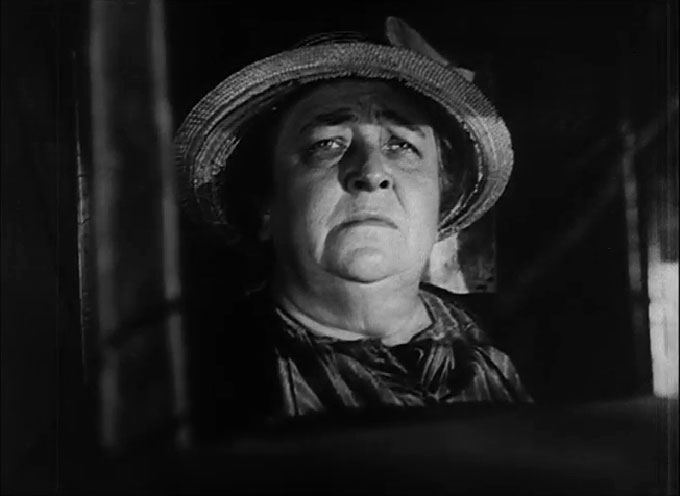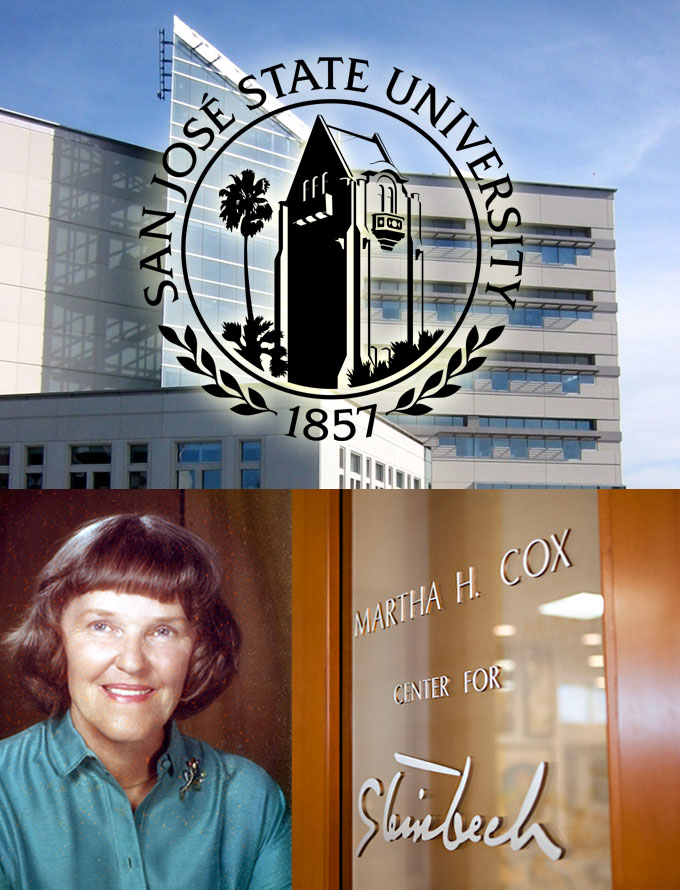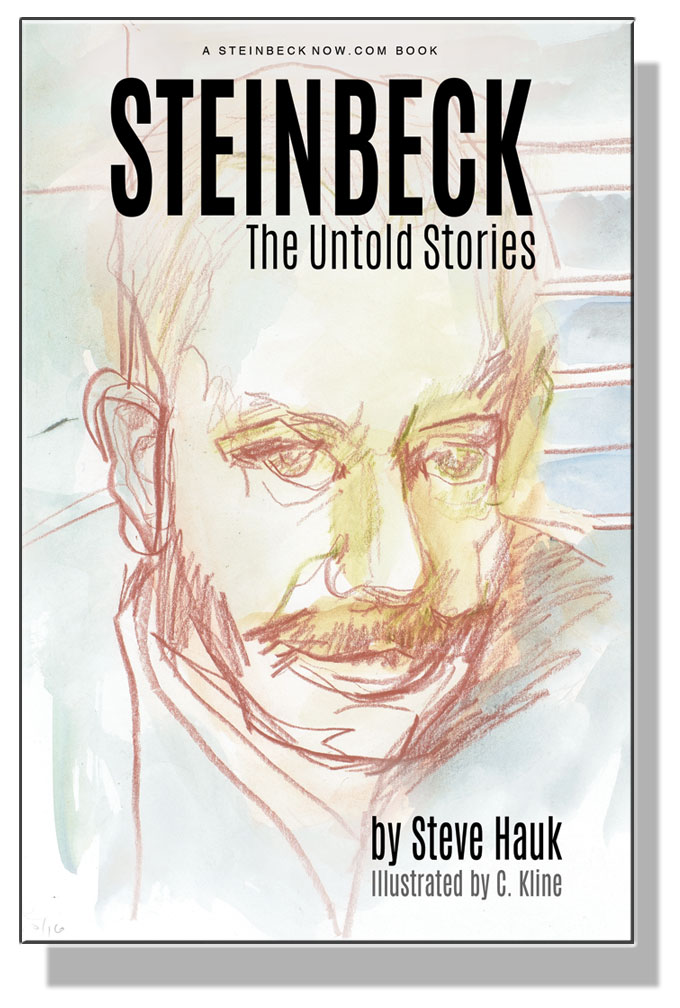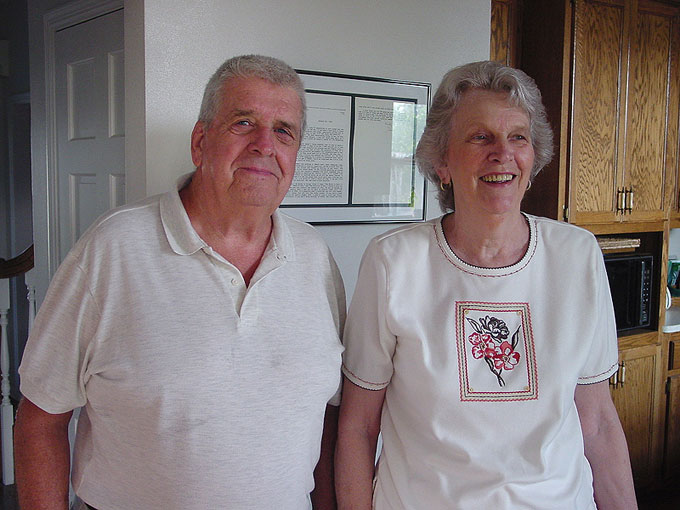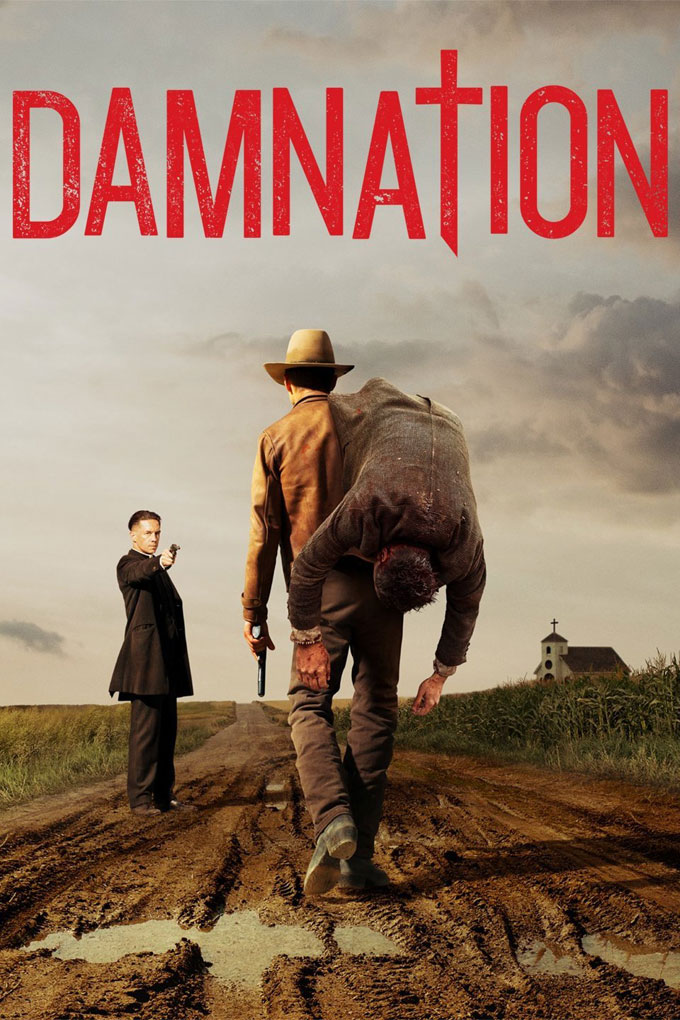“Legislature may be working toward ‘Grapes of Wrath’ revision,” a November 16 editorial in the Enid, Oklahoma News & Eagle, used this image of Ma Joad from John Ford’s film adaptation of John Steinbeck’s novel to remind readers that Steinbeck’s angry portrayal of preventable poverty in the Dust Bowl still resonates for residents of a state where education spending cuts have forced some communities to reduce the school week to four days in a region dominated by the wants and needs of the billionaire Koch brothers. The state’s Republican governor recently vetoed the budget delivered to her desk by the anti-tax Republican legislature, which included $60 million more in cuts to health and human services, and the three-term Republican mayor of Oklahoma City has made education an issue in his campaign to succeed her. Like the author of The Grapes of Wrath, the editors in Enid employed dark irony to highlight the human cost of poor public policy, particularly when motivated by willful ignorance and corporate greed: “Perhaps the Legislature is hoping that a modern revision of the John Steinbeck classic ‘Grapes of Wrath’ will be the secret to our state’s future success. Only this time instead of impoverished Dust Bowl-era farmers moving out of state during the Great Depression, it will be school teachers and health care providers leading the exodus.”
Archives for November 2017
December 7 Event Features Steinbeck Program Fellows
Three 2017-2018 fellows from the professional creative writing program funded by the founder of the John Steinbeck center at San Jose State University will read from their work and answer audience questions at 7:00 p.m. on December 7, 2017, in Room 590 of the MLK Library on the SJSU campus in downtown San Jose, California. Martha Heasley Cox, the professor-philanthropist who advanced the study and teaching of John Steinbeck by example and exhortation when she was alive, left a large estate gift ensuring the financial security of the program, which supports a select group of writers each year, when she died in 2015. Sunisa Manning will read from the novel she is writing about a group of radicalized students in Thailand during the turbulent 1970s. Dominica Phetteplace will also read from her recent writing, which includes literary and science fiction. C. Kevin Smith, the third fellow who will share insights into his work, is a graduate of the Iowa Writers’ Workshop, the grandfather of graduate creative programs in America. The San Jose State University event is free and open to the public and includes a reception. For further information, contact Nick Taylor, the writer-professor who directs the Steinbeck studies center and the creative writing program that comprise Cox’s extraordinary legacy, at nicholas.taylor@sjsu.edu.
Donald Trump and Ajit Pai’s Plan to End Net Neutrality
Ajit Pai, the former attorney for Verizon who was appointed by Donald Trump to chair the Federal Communications Commission, recently announced that the administration’s plan to deregulate internet providers and end the policy of net neutrality are on the agenda of the next FCC meeting. Pai, a Republican lawyer-lobbyist of Indian heritage who has long advocated the idea, is likely to have his way when the board meets on December 14. Deregulation is a Republican mantra, and Republicans are a majority on the five-person commission, created in 1934 to insure fairness in interstate communications through regulations such as net neutrality, which prohibits internet carriers from making accessibility to some websites faster than others.
Net neutrality prohibits internet carriers from making accessibility to some websites faster than others.
If you’ve ever exceeded the monthly minutes on your iPhone, you already know what ending net neutrality will mean when you sit down at your computer and type SteinbeckNow.com or CommonCause.org into the search box. Once Verizon and other internet providers get the go-ahead to reserve the digital fast lane for commercial sites with cash for the gate keeper, or the right political views, accessing nonprofit websites and those with opposing opinions will be like calling your grandmother back in the old country when pay phones and long-distance operators prevailed: slow, frustrating, and conducive to the infrequency and ignorance that isolates families and cultures. Without net neutrality the online interstate open to all will become a toll road with a fast-lane fee.
Without net neutrality the online interstate open to all will become a toll road with a fast-lane fee.
Who stands to benefit? Verizon, Comcast, AT&T, and other internet providers with the power to charge websites a premium for access, like minutes on your iPhone, plus corporate-friendly politicians like our current president, who is delivering on his promise to reverse the policies of his predecessor, including net neutrality. The surge in online pay-for-placement ads supporting internet deregulation since the 2016 election is unsurprising to close observers. So is the volume of computer-generated bot traffic timed to overwhelm the FCC’s inbox and block complaints about the proposal from actual Americans. Pay-for-play politics produced Ajit Pai, whose chairmanship of the FCC ends in five years, and Russian bot traffic helped elect Donald Trump, whose time as president seems certain to end sooner. But their joint legacy—FCC deregulation and pay-to-play internet access—has lasting potential to harm the free flow of information and ideas along the digital highway. It will certainly hurt this website.
Photograph of Ajit Pai courtesy of The Washington Post.
Like Life of John Steinbeck, Interest in Short Stories Is Both Global and Local
Steinbeck: The Untold Stories, a collection of short stories by the California writer and art expert Steve Hauk, continues to attract attention internationally and at home. Artnet, the influential art marketplace website headquartered in New York, focuses on “the gallery owner’s reimagining of John Steinbeck and the contemporary interest in early California art” in a November 8 interview with Hauk, who owns and operates the downtown Pacific Grove art gallery that has become a popular venue for area Steinbeck fans and visitors to the coastal community where the author lived and wrote in the 1930s. The local public library frequented by Steinbeck and his wife Carol is doing its part, too. On November 17, Friends of the Pacific Grove Library will present Hauk’s talk on writing the Steinbeck short stories at a 7:30 p.m. event that is free and open to the public. (Non-members: suggested donation is $10.)
On Recollecting Our Parents In Tranquility: A Life Poem
As Much Ours as Not Ours
is an exhumation story my mother and I enjoy together,
a tale of my father’s unending prodigality regarding cars,
new and used, a passion, which she says kept them broke.
“And you went through the world shoeless,” my father says.
Prodded like this, he can defend the logic of his acquisitions
for hours. He leans in a doorway between the house and pool,
a Florida shirt blooming white blue red above his khaki shorts.
She is dealing a hand of solitaire, snapping the King of Hearts
between lines of cards I can’t make out from where I’m sitting.
They’re in their 60s. Happy as they will ever get, winter
breezes rippling the surface of one end of the pool. Waves
rebound beneath an enclosure curtained with bougainvillea.
The story of swapping a Mercury station wagon for a Cadillac,
the Cadillac for a ‘61 Impala with a shot-to-shit water pump,
has her glancing up to say I hated the Cadillac then smiling—
it’s Christmas—before snapping the next card, low to high.
Outside, bugs try the kingdom between nothing and light,
the ragged volley of trials aglow in his, and her, laughter.
New USA Network Drama Channels John Steinbeck
The principal writer and executive producer of Damnation, a new dramatic series premiering November 7 on USA Network, has cited John Steinbeck and Dashiell Hammett to describe the show’s depiction of rich vs. poor and brother against brother in rural Iowa during the Great Depression. In an interview with the Cleveland, Ohio Plain Dealer, Tony Tost, the show’s creator, explained that “the world of John Steinbeck as presented in The Grapes of Wrath, Of Mice and Men and Cannery Row was a big influence, as was Dashiell Hammett’s first novel, Red Harvest.” An award-winning poet, essayist, and screenwriter from Springfield, Missouri, Tost earned a PhD in English from Duke University and lives in Los Angeles, where he was a writer and producer for Longmire, a TV Western that ran for five seasons. The new show is “a little tricky to describe,” added Tost, the author of three volumes of poetry and a book of cultural criticism, Johnny Cash’s American Recordings (Continuum 2011). “It’s the Dust Bowl world. It has the feel of a Western. It has the strikebreaking. It has the religious themes. It has the pulp conspiratorial element. I’ve said it’s one part Clint Eastwood, one part John Steinbeck, one part James Ellroy.” The pilot episode will air tomorrow on USA Network at 10 p.m. EST. Damnation can also be viewed on Netflix, the entertainment giant headquartered in Los Gatos, where John Steinbeck wrote Of Mice and Men and The Grapes of Wrath.
